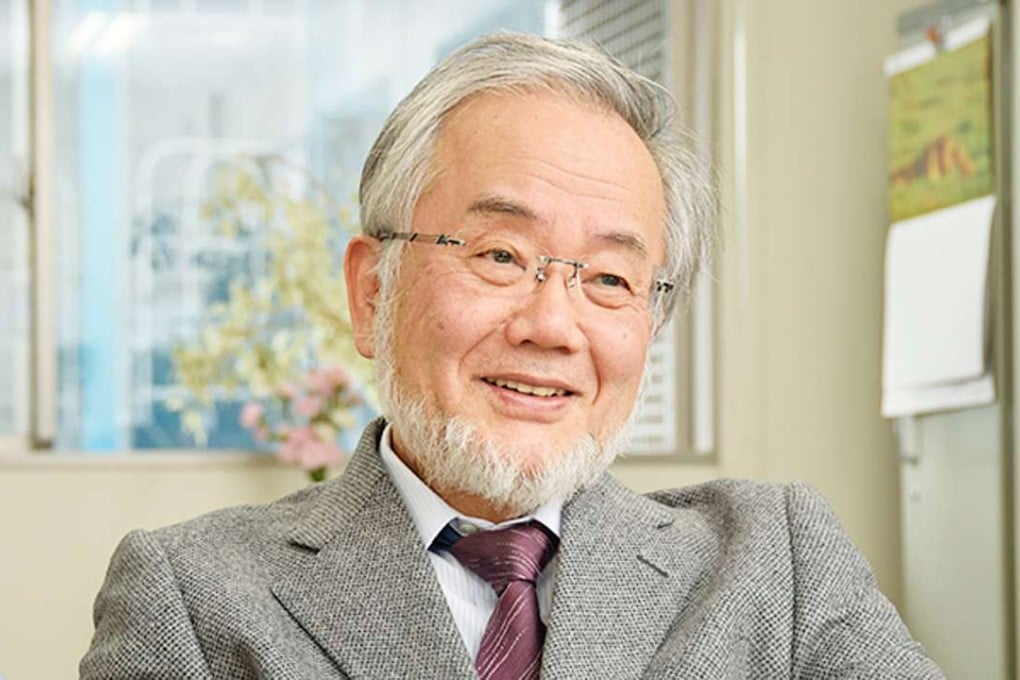Japanese scientist Yoshinori Ohsumi wins 2016 Nobel medicine prize
The 71-year-old professor’s work on how cells recycle their content has opened up the possibility of new treatments for illnesses such as cancer, Alzheimer’s and Parkinson’s diseases

Yoshinori Ohsumi won the 2016 Nobel prize for medicine or physiology for his discovery of mechanisms for degrading and recycling cellular components, the award-giving body said on Monday.
The Karolinska Institute honoured Ohsumi for “brilliant experiments” in the 1990s on autophagy, the machinery with which cells recycle their content.
Disrupted autophagy has been linked to various diseases including Parkinson’s, diabetes and cancer, the institute said.
[Ohsumi] discoveries opened the path to understanding ... many physiological processes, such as in the adaptation to starvation or response to infection
Though the concept has been known for more than 50 years, its “fundamental importance in physiology and medicine was only recognised after Yoshinori Ohsumi’s paradigm-shifting research in the 1990s”, Karolinska said in its citation.
“Ohsumi’s discoveries led to a new paradigm in our understanding of how the cell recycles its content,” the Nobel Assembly at Sweden’s Karolinska Institute said in a statement in awarding the prize of eight million Swedish crowns (US$933,000).
“His discoveries opened the path to understanding ... many physiological processes, such as in the adaptation to starvation or response to infection,” the statement added.
Ohsumi was born in 1945 in Fukuoka, Japan. He is currently a professor at the Tokyo Institute of Technology.